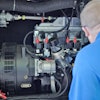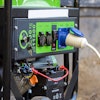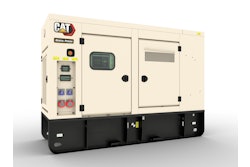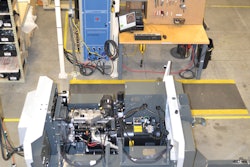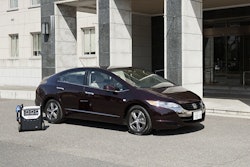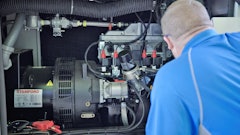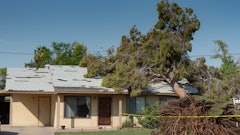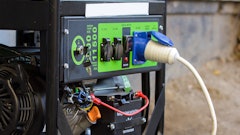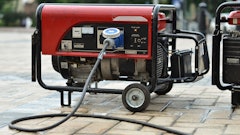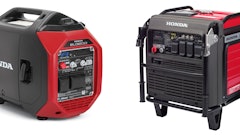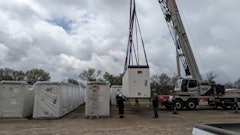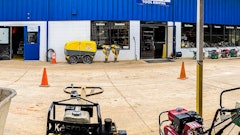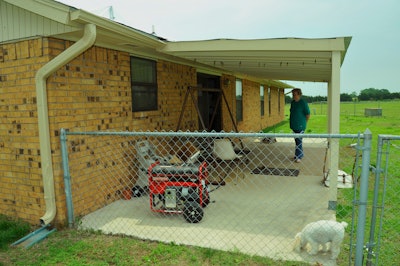
“Improper use of a standby or portable generator can lead to injury or even death,” explains Molly Hall, executive director of the Energy Education Council’s Safe Electricity program. “It’s important to learn and follow all safety measures to help keep yourself and others safe.”
Decide what needs powered. What appliances, devices, and equipment are essential? Choose a generator size that can handle the full load of the estimated power needed. Keep in mind that it takes more power to turn an appliance on—its surge power—than it does when in continuous operation.
Follow these safety guidelines to ensure the safe operation of the backup generator:
- Thoroughly read and follow all manufacturer instructions to properly ground the generator before turning it on.
- Do not connect portable generators directly to a home’s electrical system. Doing so could re-energize overhead power lines and endanger the lives of utility linemen working to restore power.
- There should be nothing plugged into a portable generator before starting it to prevent a surge from damaging the appliance.
- When running a portable generator, always use properly rated extension cords (length and load) when connecting appliances.
- Always operate portable generators in a well ventilated space to avoid carbon monoxide poisoning and other harmful fumes. Never run a generator indoors.
- Generators can pose an electrical risk when operated in wet conditions. Make sure the generator stays dry during its operation, and never touch electrical equipment with wet hands.
- Exercise caution around portable generators, which have exposed engine parts that could burn or injure an individual. Keep children and pets away from a running generator.
- Use care when refueling portable generators to prevent potential fires and spills.
- Properly shut down portable generators by turning off and unplugging all appliances and equipment being powered by the generator.
- Remember to perform regular maintenance before and after each use. For portable generators, inspect oil and fuel filters, oil level, spark plugs, and fuel quality. Stand-by generators require less maintenance, but should still be inspected before and after power outages.
For more information about choosing and safely operating a backup generator visit SafeElectricity.org.

